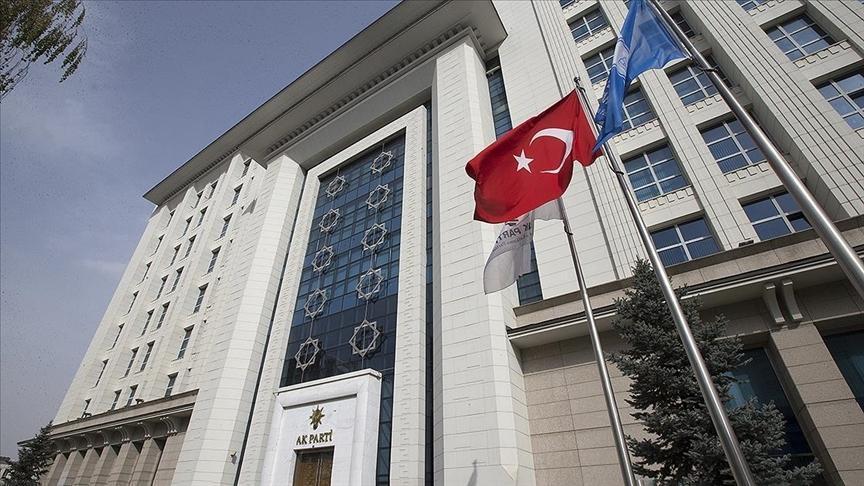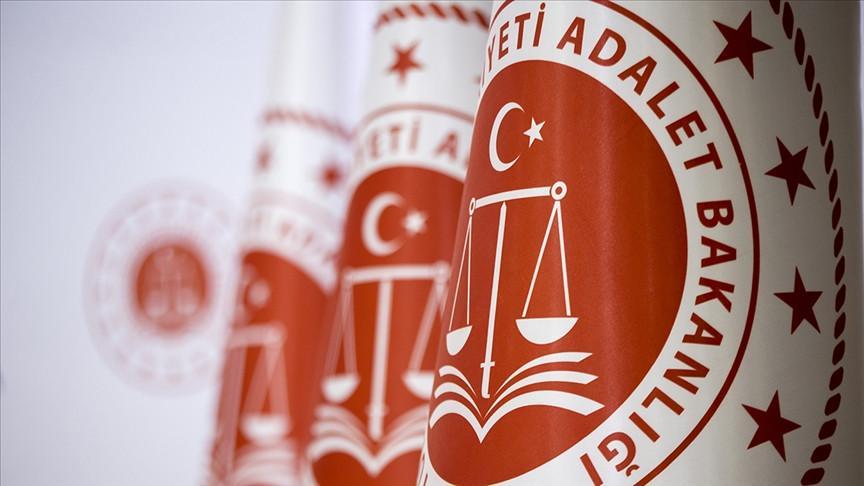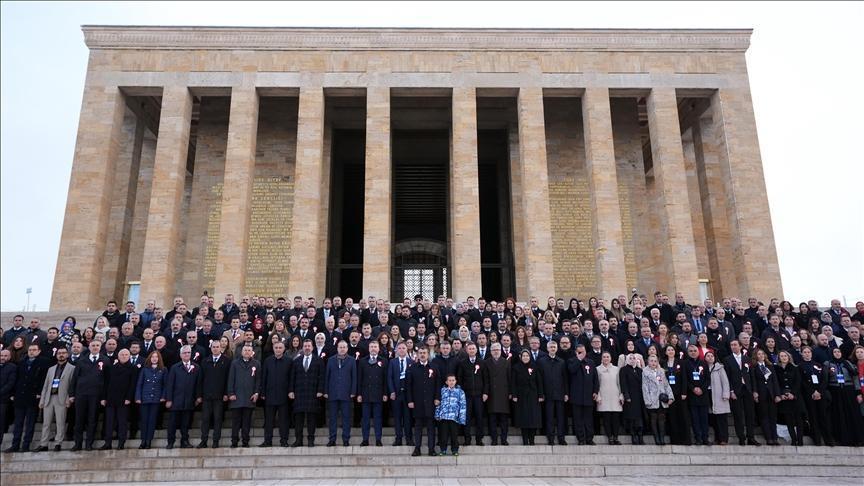No Israeli spring will only beget cold peace with Turkey
A cold peace exists between Israel and the Arab countries Israel has relations with, according to Onur Gökçe, a retired ambassador who once served as Turkey’s envoy to Israel. “There is not so much tourism between Israel and Egypt, for instance. With Turkey, this was not the case,” he once told me.
There is a strong cultural affinity between Israelis and Turks. Under normal circumstances, Israelis would feel “culturally” much more at home at a Turkish Mediterranean town than a European Mediterranean town. Yet there has been a sharp decline in the number of Israeli tourists coming to Turkey following the deterioration of relations between the two countries, which reached its peak with the Mavi Marmara killings.
The Israeli psyche is based on the constant fear of being surrounded by enemies, which is similar to the Turkish psyche, which can be summarized in the saying “There is no friend to Turkey but Turkey.” So the initial reaction of the Israelis to the Mavi Marmara crisis was one of a sense of betrayal: “We thought Turks were different, but just like the others, they are against Israel.”
The messages coming from their government have no doubt strengthened this view. In order to put the blame totally on Ankara, Netanyahu’s government kept pointing out the Islamist roots of the Justice and Development Party (AKP). As if Israeli soldiers had not killed unarmed Turkish citizens, all the blame was put on the Islamist nature of the AKP, which in the eyes of Israel is inherently anti-Israeli. This same argument is being used to convince the public as to why Israel refrains from offering an apology to Turkey. “The AKP is against Israel. No matter what we do, relations won’t get back on track,” Israel tells its people.
This is only partly true. The AKP government would like to normalize relations with Israel. But this cannot (and should not) happen in the absence of an apology. Obviously, relations will not warm up quickly. Still, AKP officials (at least some of them) are aware of the importance of maintaining some sort of decent relationship with Israel. That’s why, despite Prime Minister Erdoğan’s statements, I think the lifting of the Gaza blockade, the third criterion for normalizing relations, would somehow be dropped if a clear apology were to come from Israel.
But even in the event that an apology is extended, Israel will enjoy only a cold peace with Turkey. Not because “the AKP is against Israel,” but because of the unsustainability of Israel’s policies on the Palestinian issue.
Netanyahu’s government also knows that the Palestinian issue is and will remain the main stumbling block to good relations. Yet an agreement with the Palestinians is not on the agenda, according to Alon Liel, a former undersecretary of the Israeli Foreign Ministry. The Israeli government believes the Iranian threat and the turmoil that grabbed the Middle East during the Arab Spring will keep the Palestinian problem out of the spotlight.
But this is not the right course to take. Just as the Arabs have awakened to the reality that it is not Israel but their own rulers who are behind their problems, the Israeli nation needs to awake to the reality that it is not others but their own state and government that are behind their problems.
They need to move beyond their “us against the whole world” frame of mind. Israel needs its own spring. Otherwise it will have to stay out in the cold.











